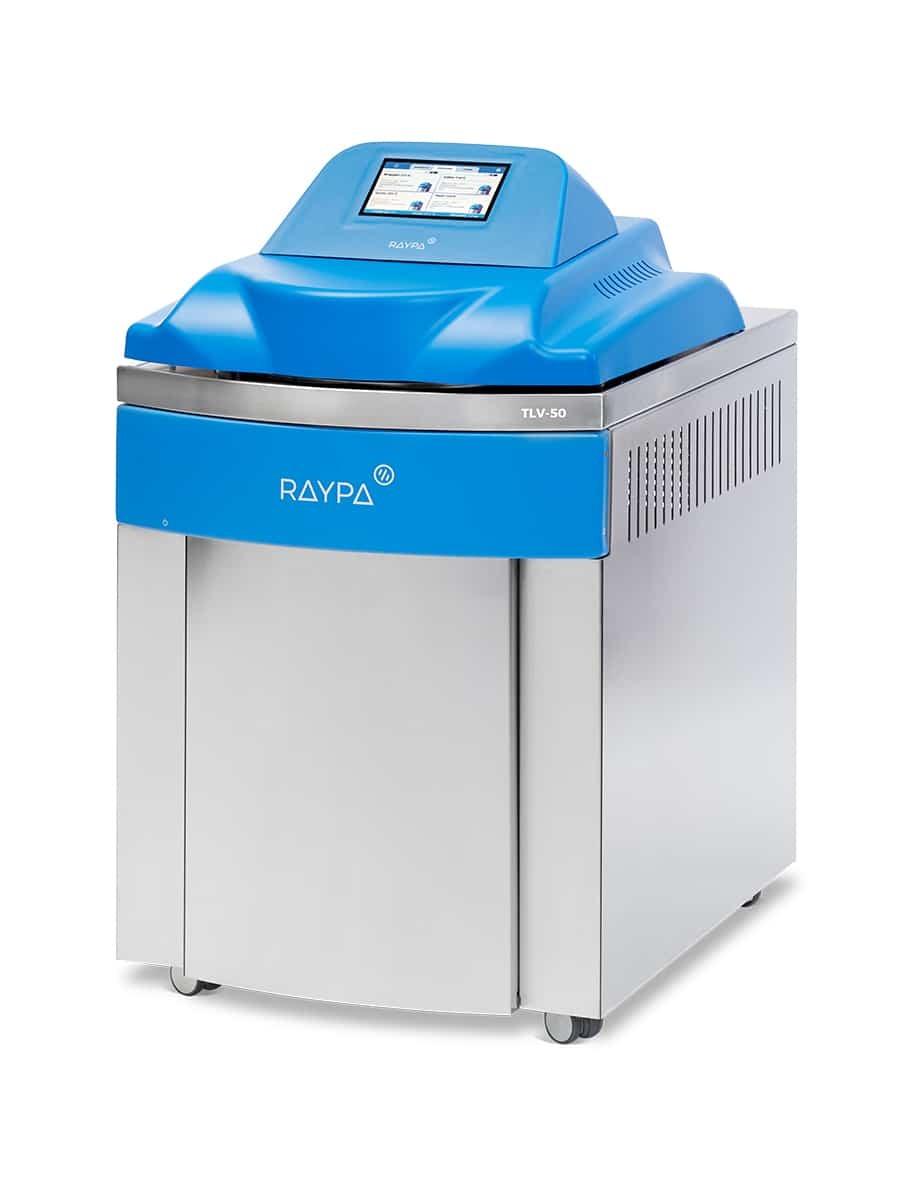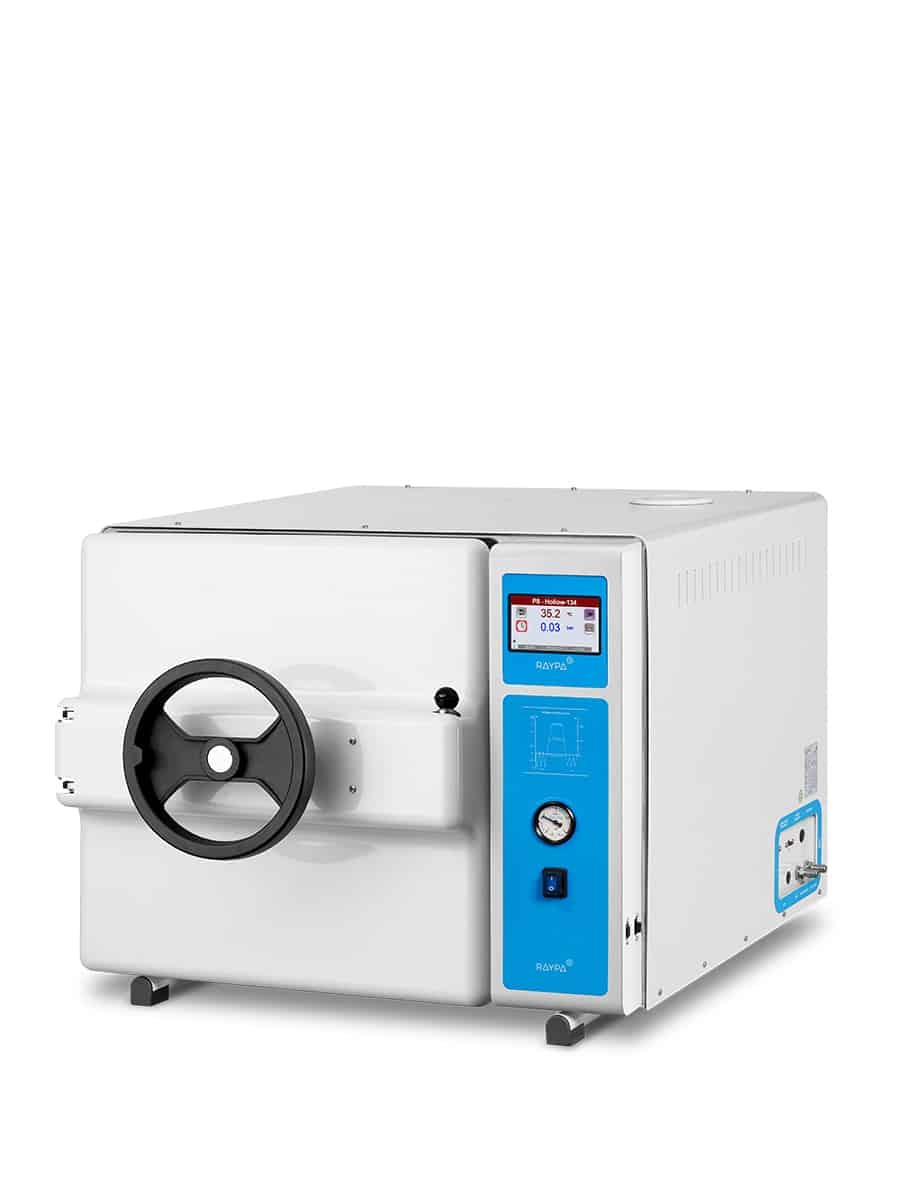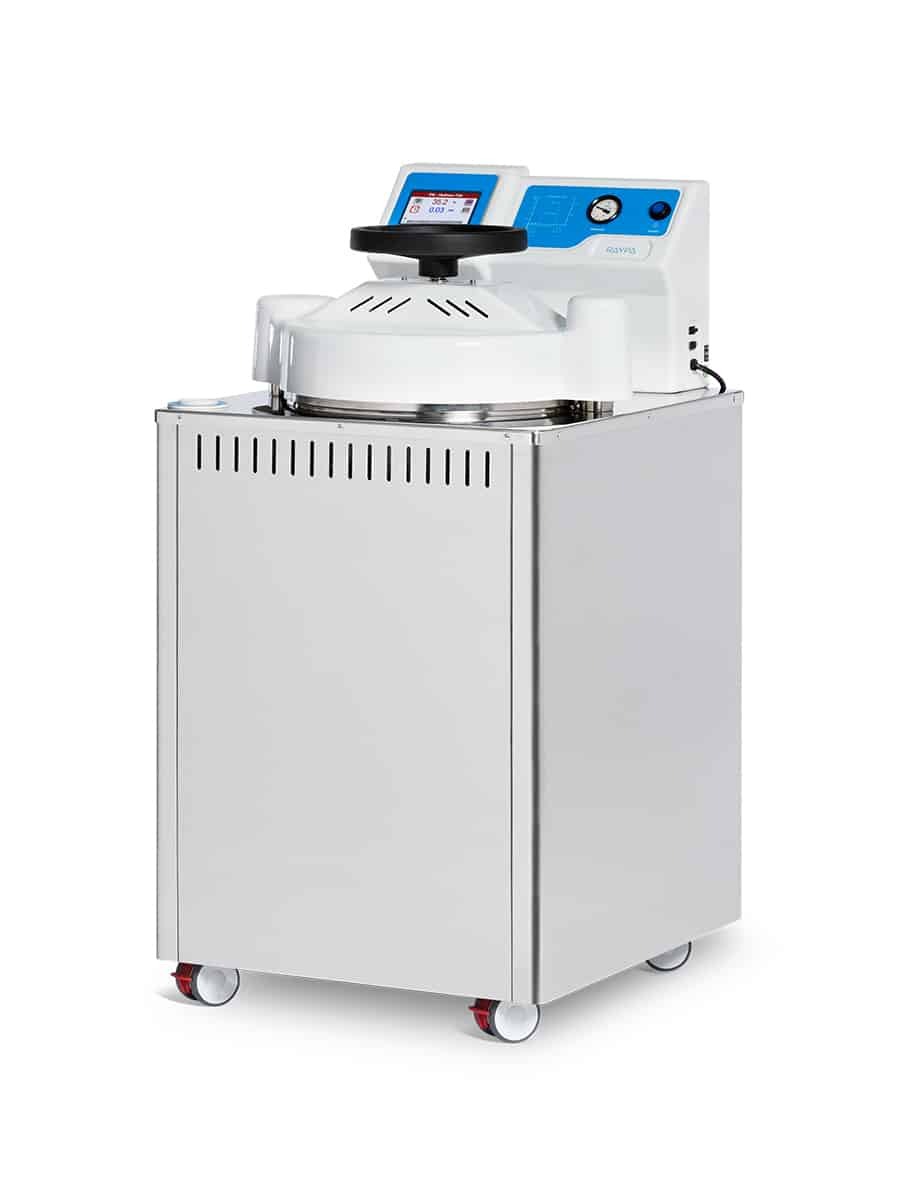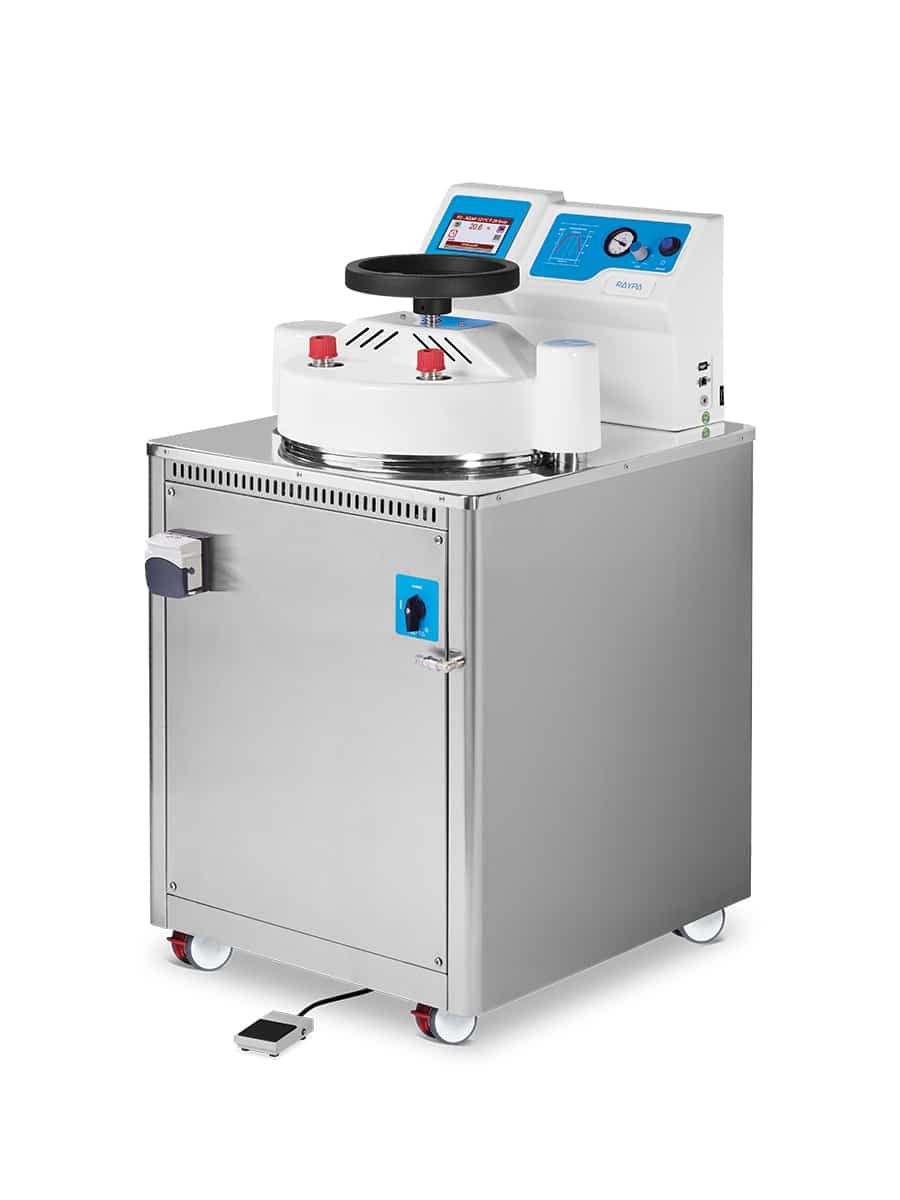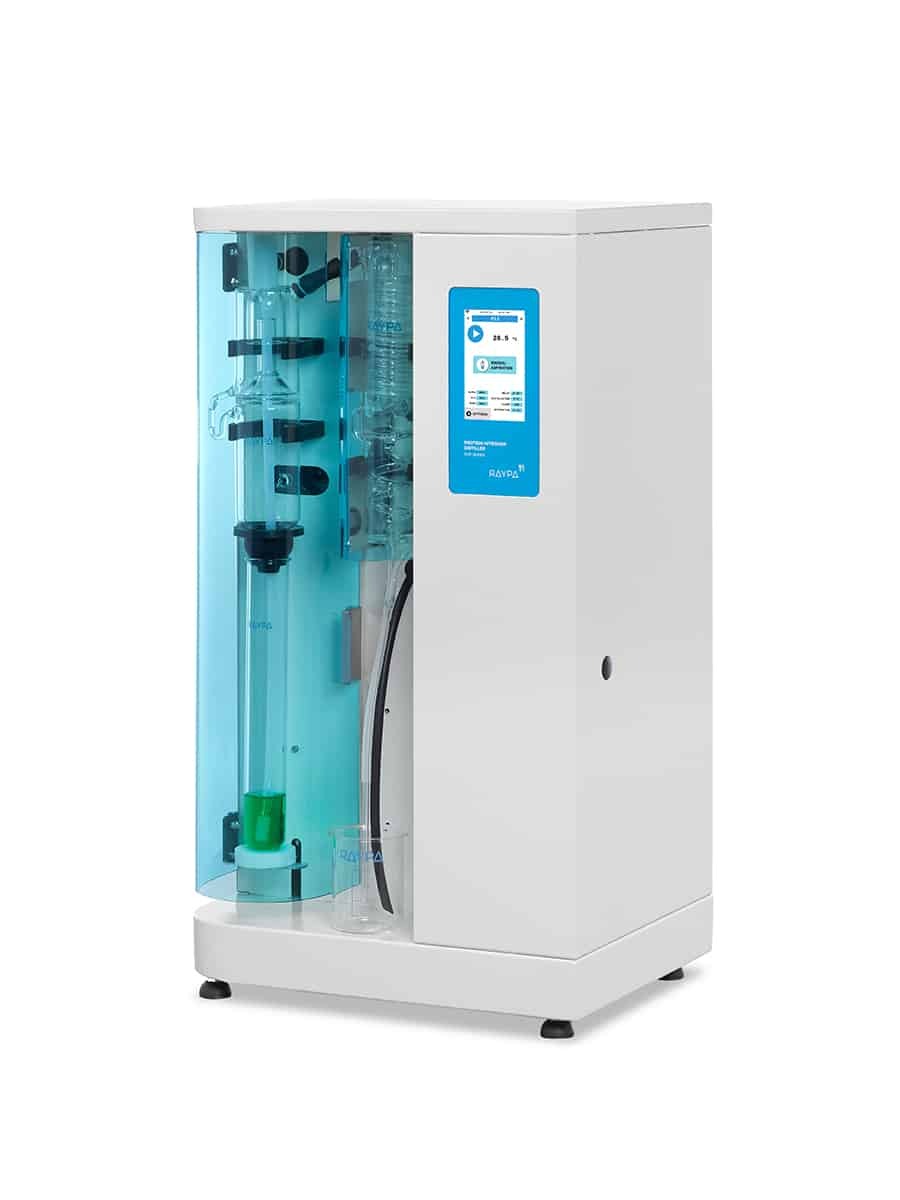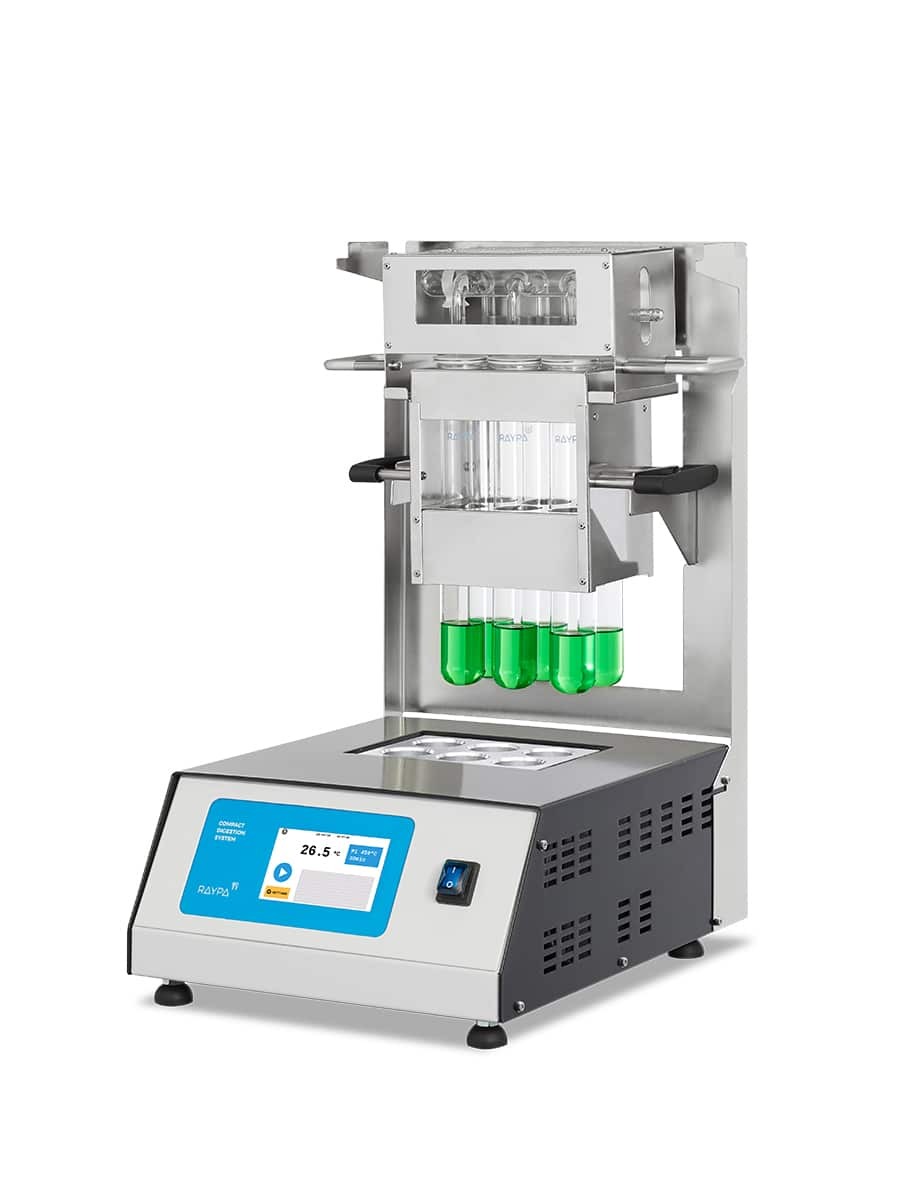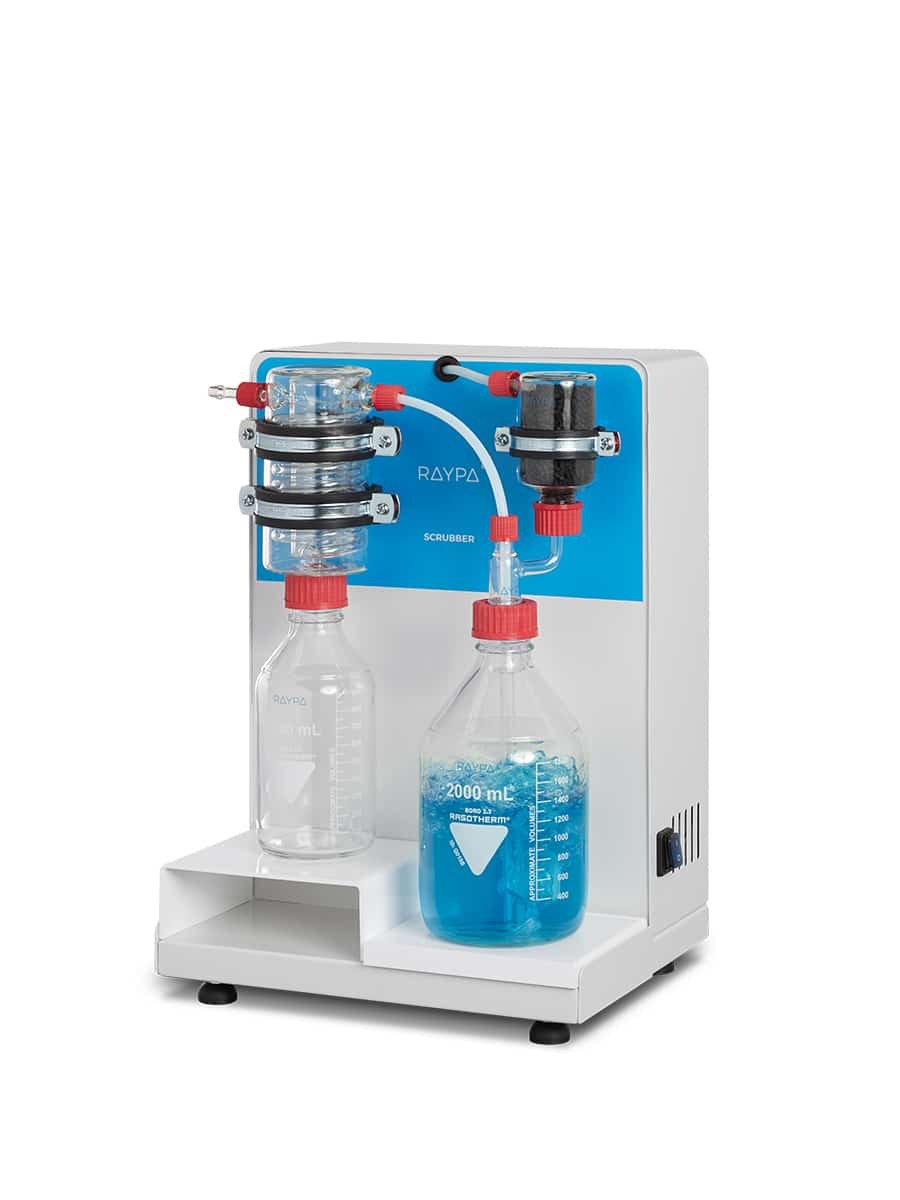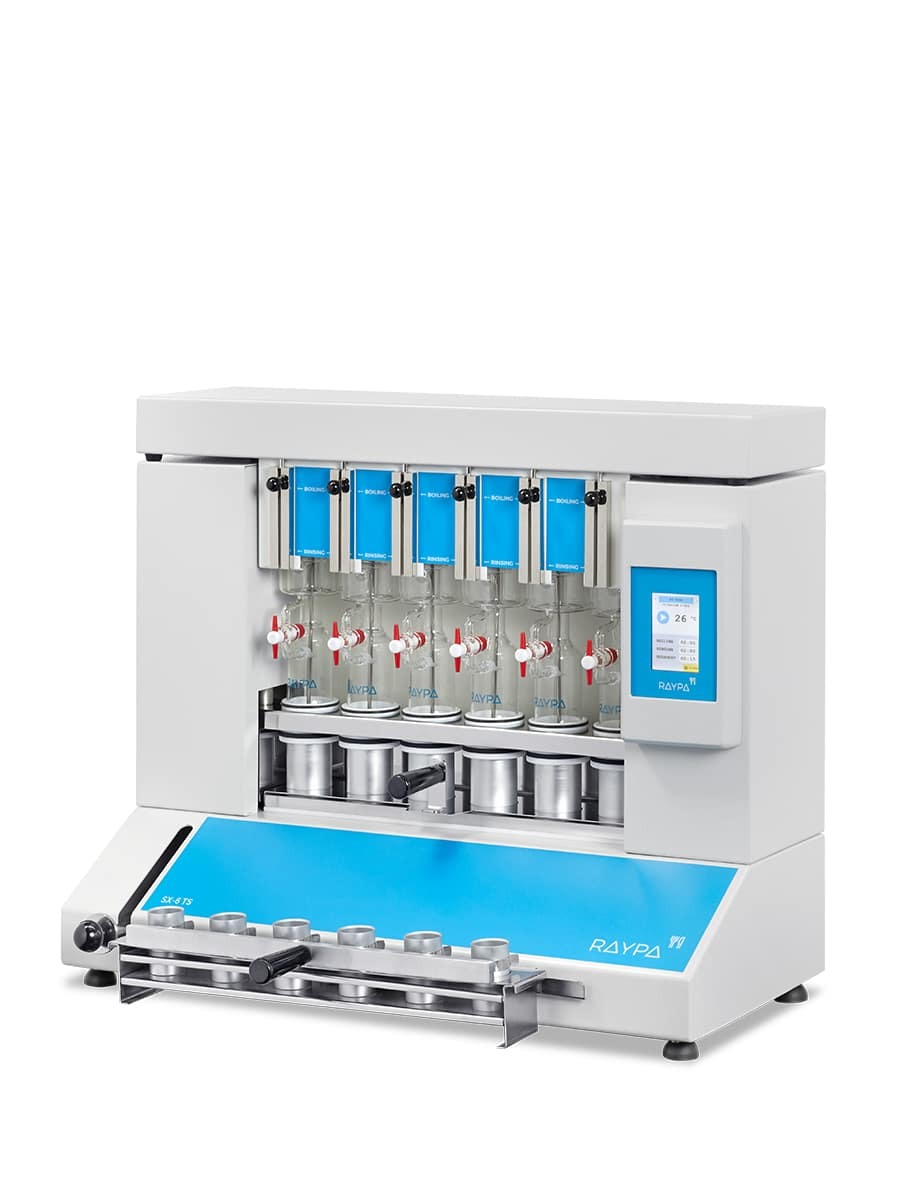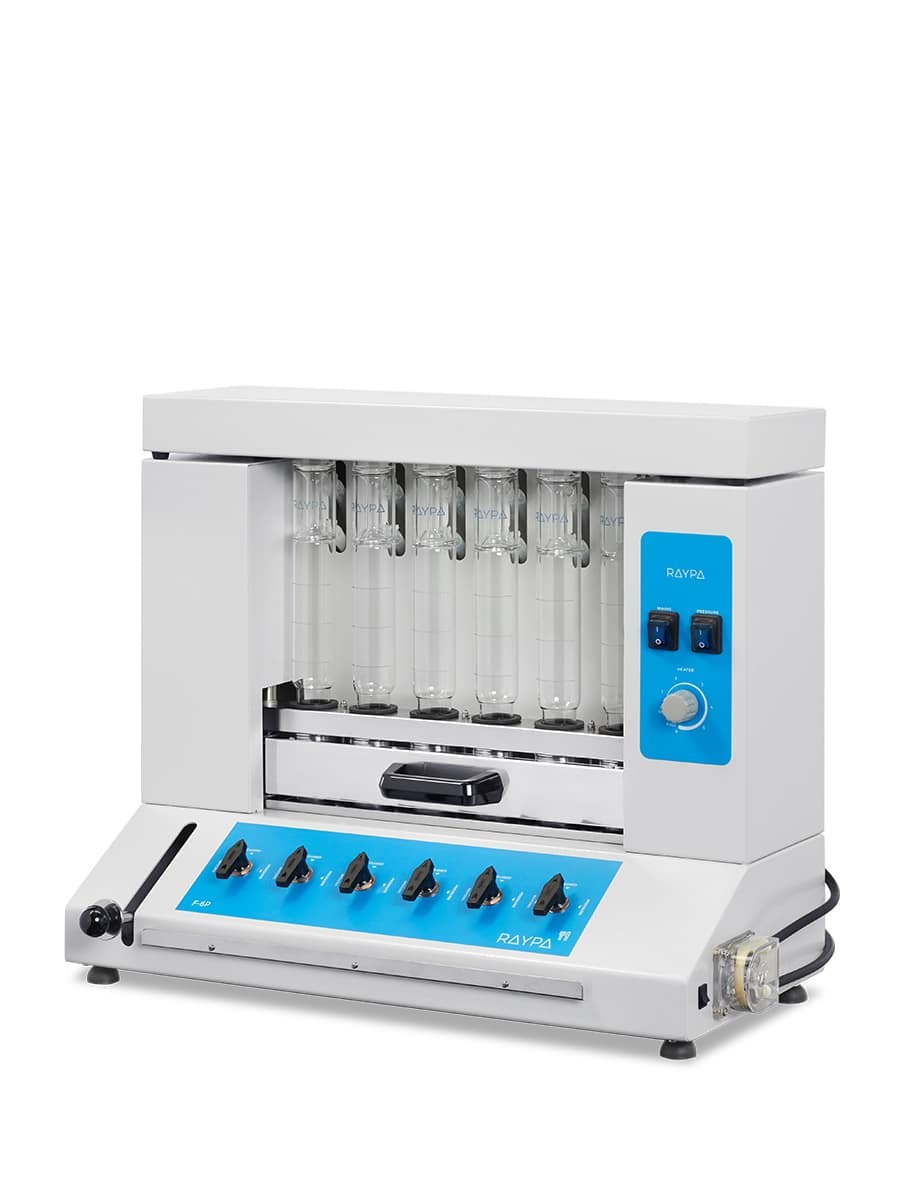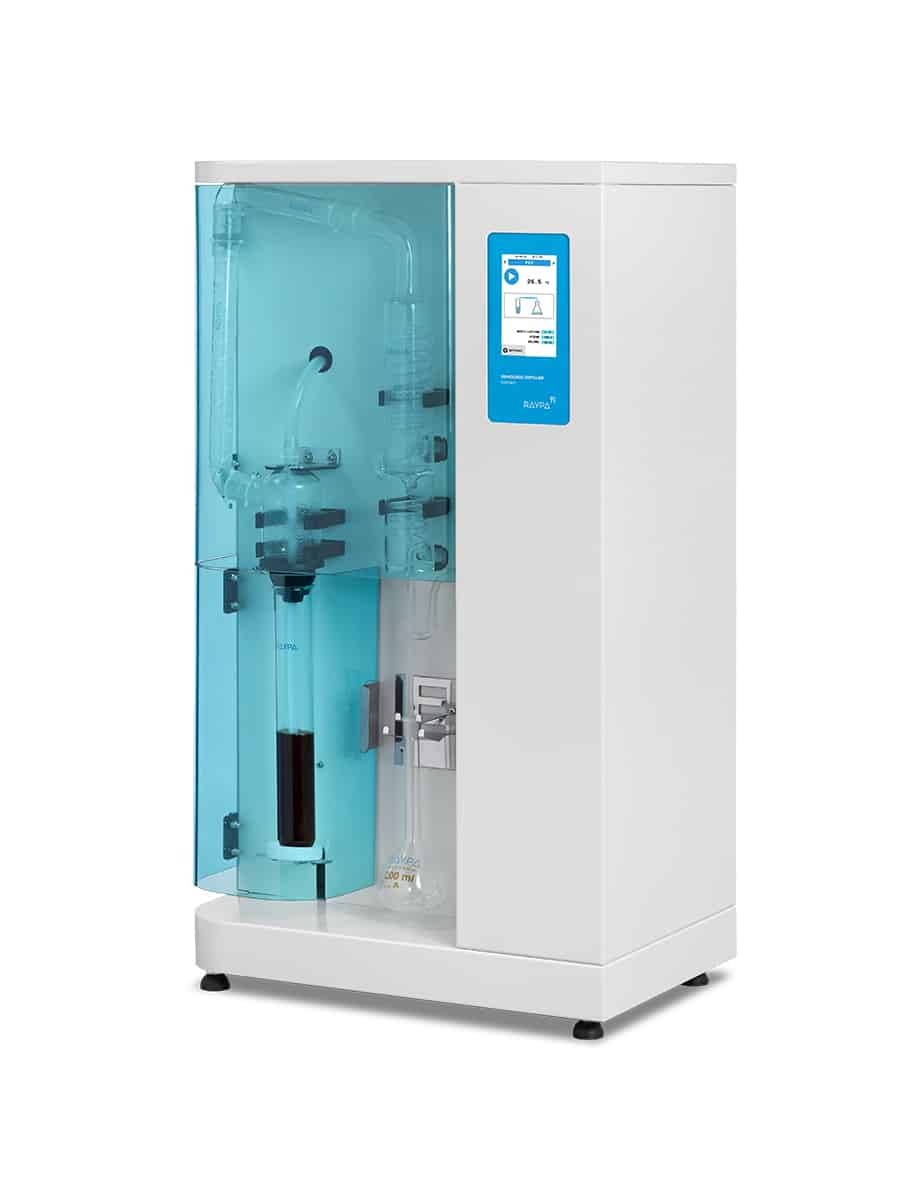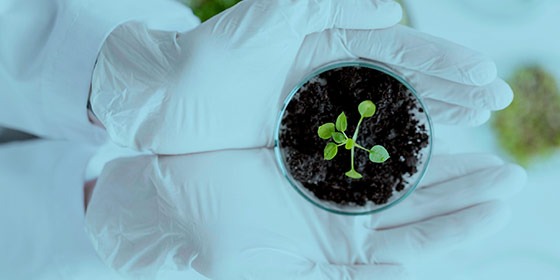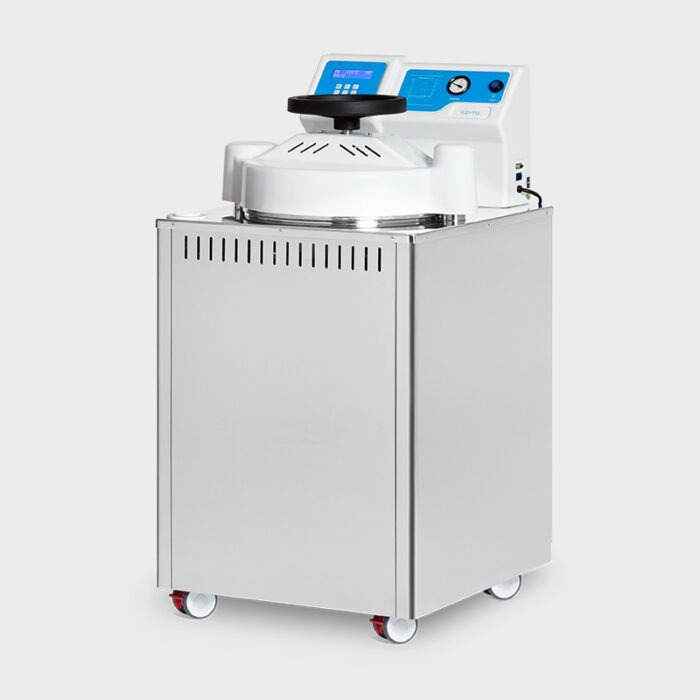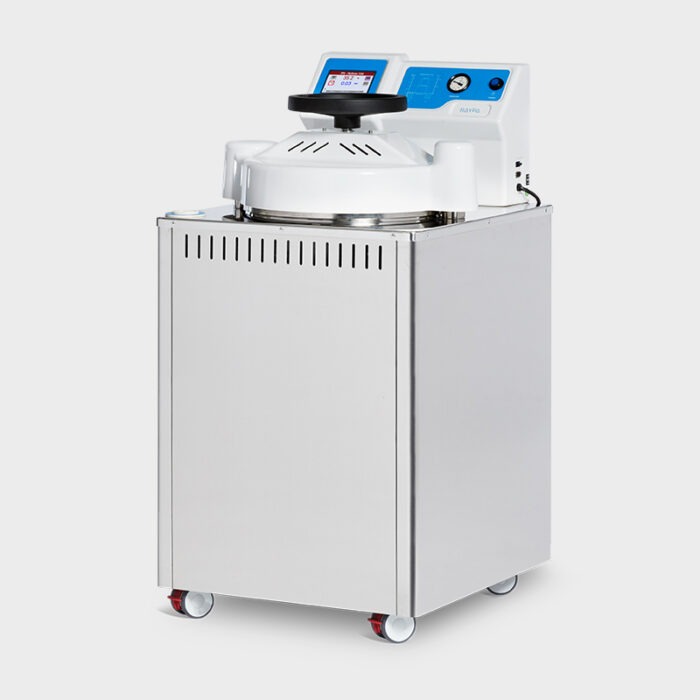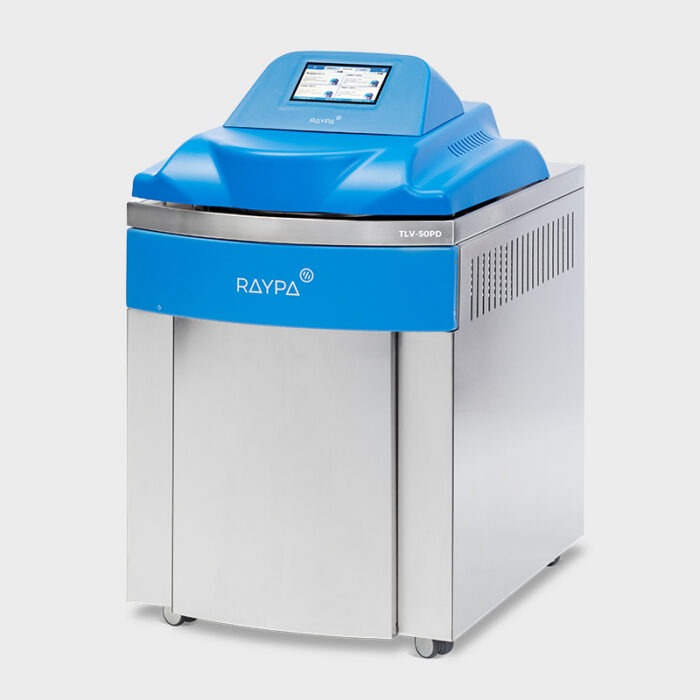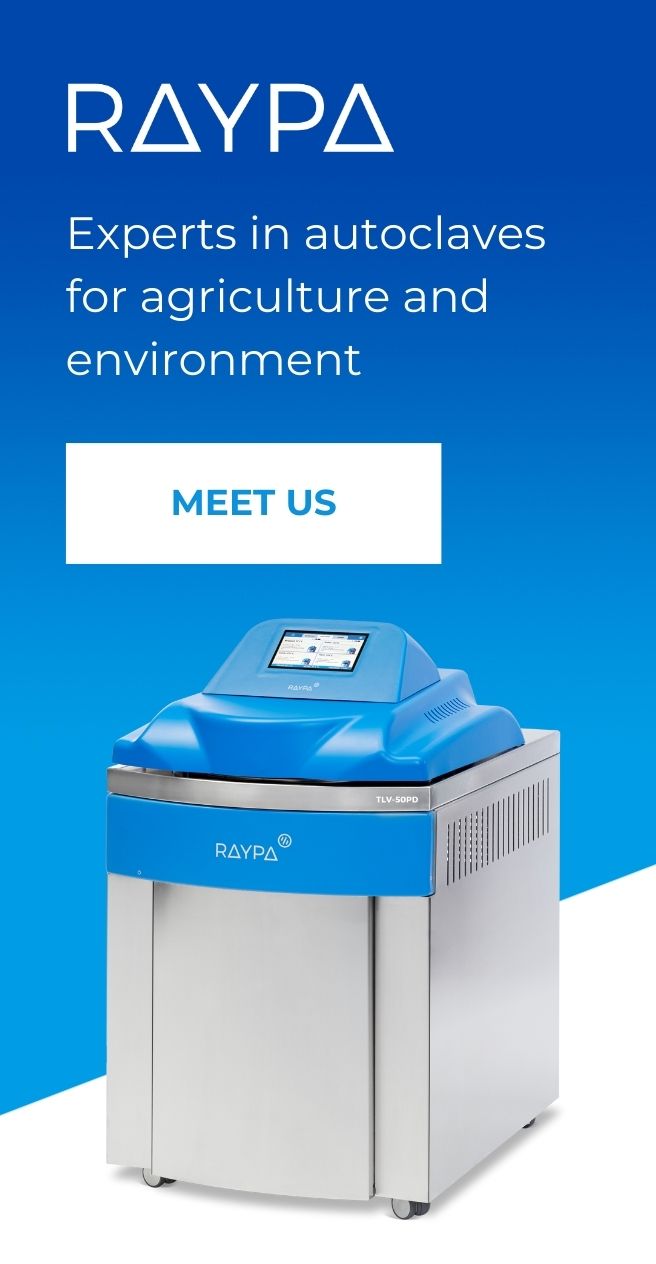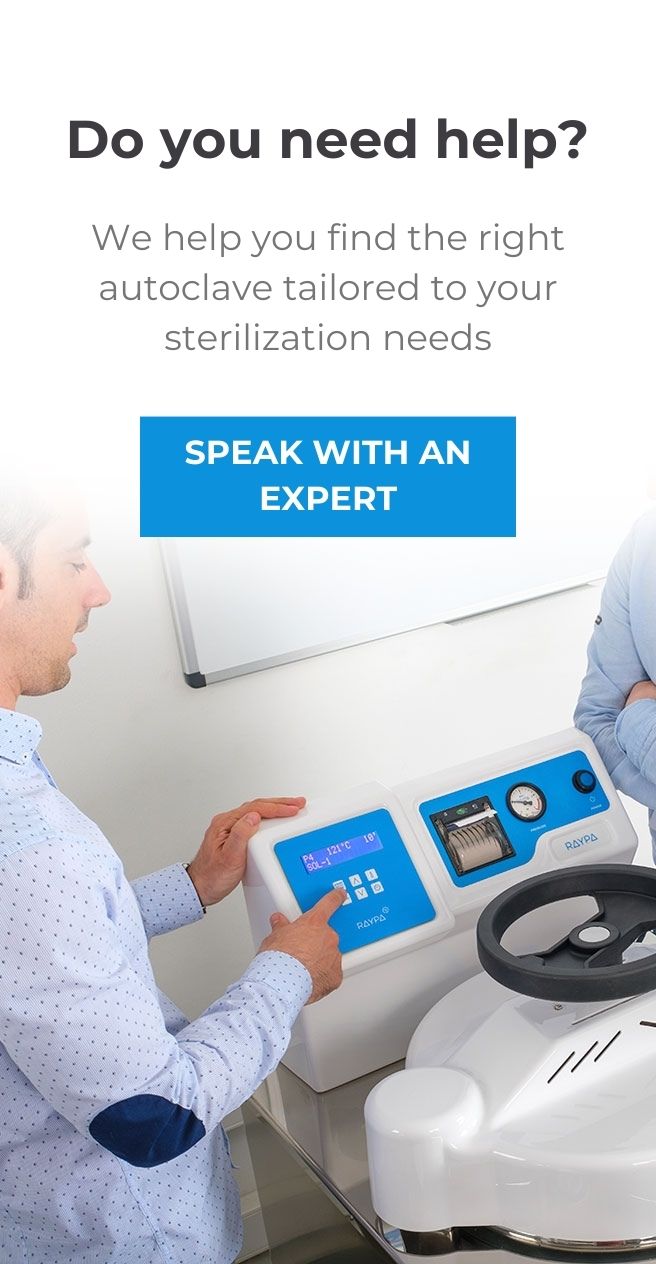What is soil sterilization, and why is it important?
Soil sterilization is the process of removing or killing all living organisms within the soil, including bacteria, fungi, viruses, and pests. This step is vital in agricultural and research settings because pathogens in soil can easily spread and compromise crops, hinder experimental results, and reduce productivity. By sterilizing the soil, you create a controlled environment that supports the growth of plants and ensures reliable research outcomes.
Sterilizing soil is particularly important for research laboratories that focus on agricultural studies, environmental experiments, or the cultivation of genetically modified organisms (GMOs). In these scenarios, autoclaving soil helps eliminate potential contaminants and ensures biosecurity. The sterilized soil can be reused for various purposes, promoting sustainability and reducing waste in agricultural and environmental settings.
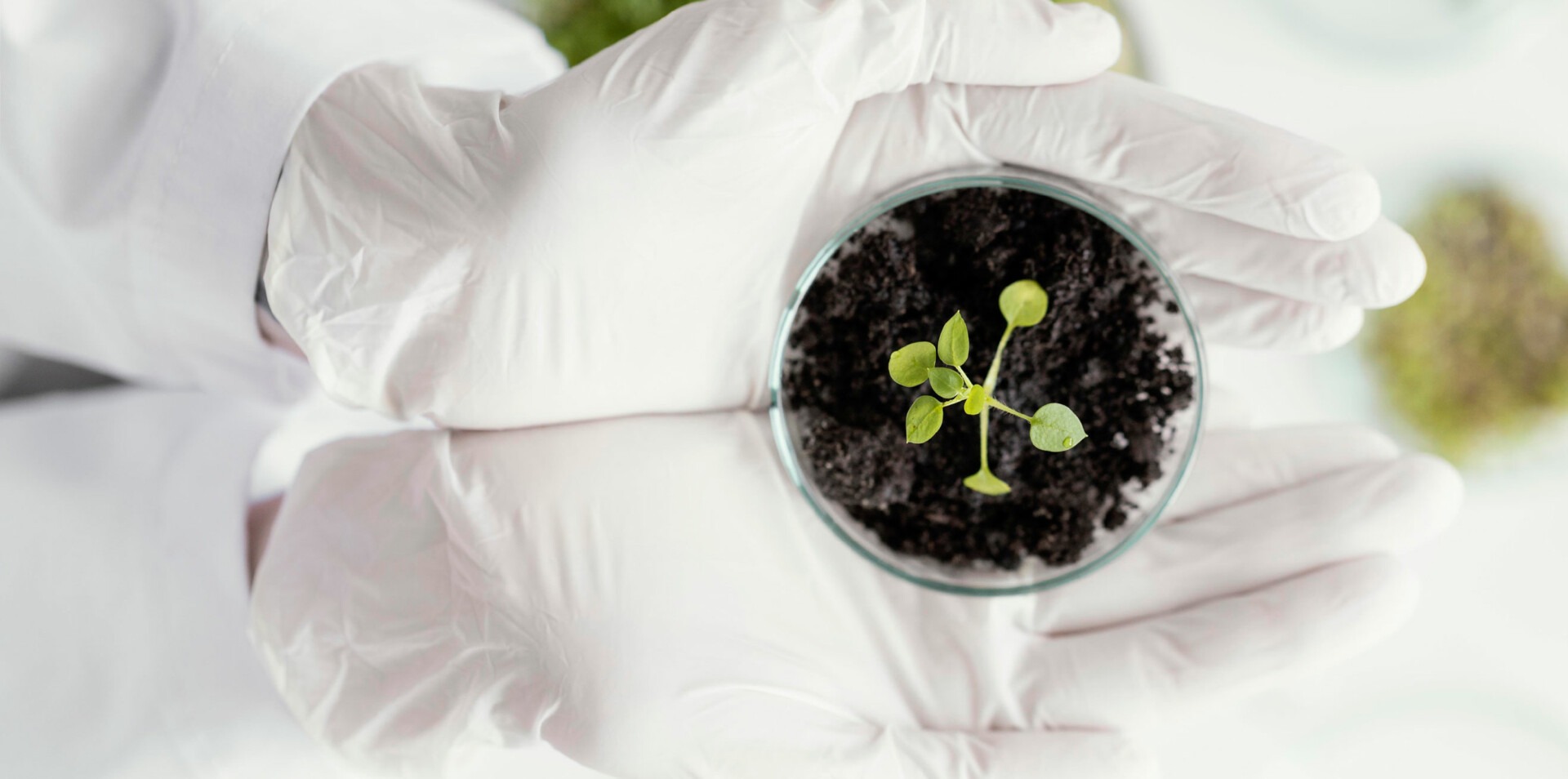
The benefits of using autoclaves for soil sterilization
Autoclaves are essential tools for sterilization across medical and research fields, and they are just as effective for soil sterilization in agricultural applications. By harnessing high-temperature steam, autoclaves are able to eliminate all forms of life in soil, including resistant spores, ensuring a completely sterile environment. Here are some of the primary benefits of using autoclaves for soil sterilization:
- Pathogen elimination: Autoclaves efficiently destroy harmful microorganisms, including bacteria, fungi, and viruses, that could pose a threat to plant health.
- Sustainable soil reuse: Once sterilized, soil can be reused multiple times, which minimizes the need for fresh soil and promotes sustainable practices in both agriculture and research.
- Enhanced biosecurity: For laboratories working with genetically modified organisms (GMOs) or other sensitive materials, autoclaves create a controlled, sterile environment, helping to contain potential contaminants and ensuring experimental integrity.
- Environmental protection: Sterilizing soil prevents the spread of harmful agents and contaminants, making a valuable contribution to broader environmental safety efforts.
How to sterilize soil in an autoclave
Using an autoclave for soil sterilization is a reliable method to eliminate pathogens thoroughly. Following a standardized protocol is essential for consistent results. Here’s an optimized guide for autoclaving soil effectively:
- Soil preparation: Spread soil evenly in heat-resistant containers or bags to ensure steam penetrates all areas. For reliable sterilization validation, embed biological indicators, such as spore ampoules, at various depths within the soil.
- Set the autoclave: The standard recommendation is to set the autoclave to 120°C for 50 minutes with both pre- and post-cycle vacuum stages to promote deep steam penetration. If higher temperatures are suitable for your soil type, alternative settings of 30 minutes at 121°C or 20 minutes at 135°C can reduce cycle time.
- Cycle monitoring: Use the autoclave’s monitoring tools, such as ticket printers or management software, to track and document each cycle. This helps ensure each cycle meets the required sterilization standards.
- Validation and verification: After completing the cycle, incubate biological indicators to confirm sterilization. If no microbial activity is observed, the process is verified. For any remaining activity, repeat the cycle with a longer duration.
- Cooling and storage: Allow the soil to cool within the autoclave or in a sterile environment to prevent recontamination. Once cooled, the sterilized soil is ready for immediate use or can be stored in sterile containers for future applications.
By following these steps, the soil is thoroughly sterilized and safe for use, free from contamination risks. Autoclave sterilization not only provides us with a solid, pathogen-free foundation to work with but also guarantees the health and safety of our research and cultivation projects.
Certified quality autoclaves for soil sterilization
At RAYPA, we offer a wide selection of high-quality soil sterilization autoclaves. Our portfolio features diverse models from both the Classic Line and Top Line series, designed to meet the sterilization needs of the agriculture and environmental industries.
Designed for ease of use, our autoclaves feature intuitive controls and advanced safety features, enabling thorough traceability of the sterilization process. Their robust construction, outstanding value and straightforward installation make them an exceptional choice for laboratories and healthcare settings of any size.
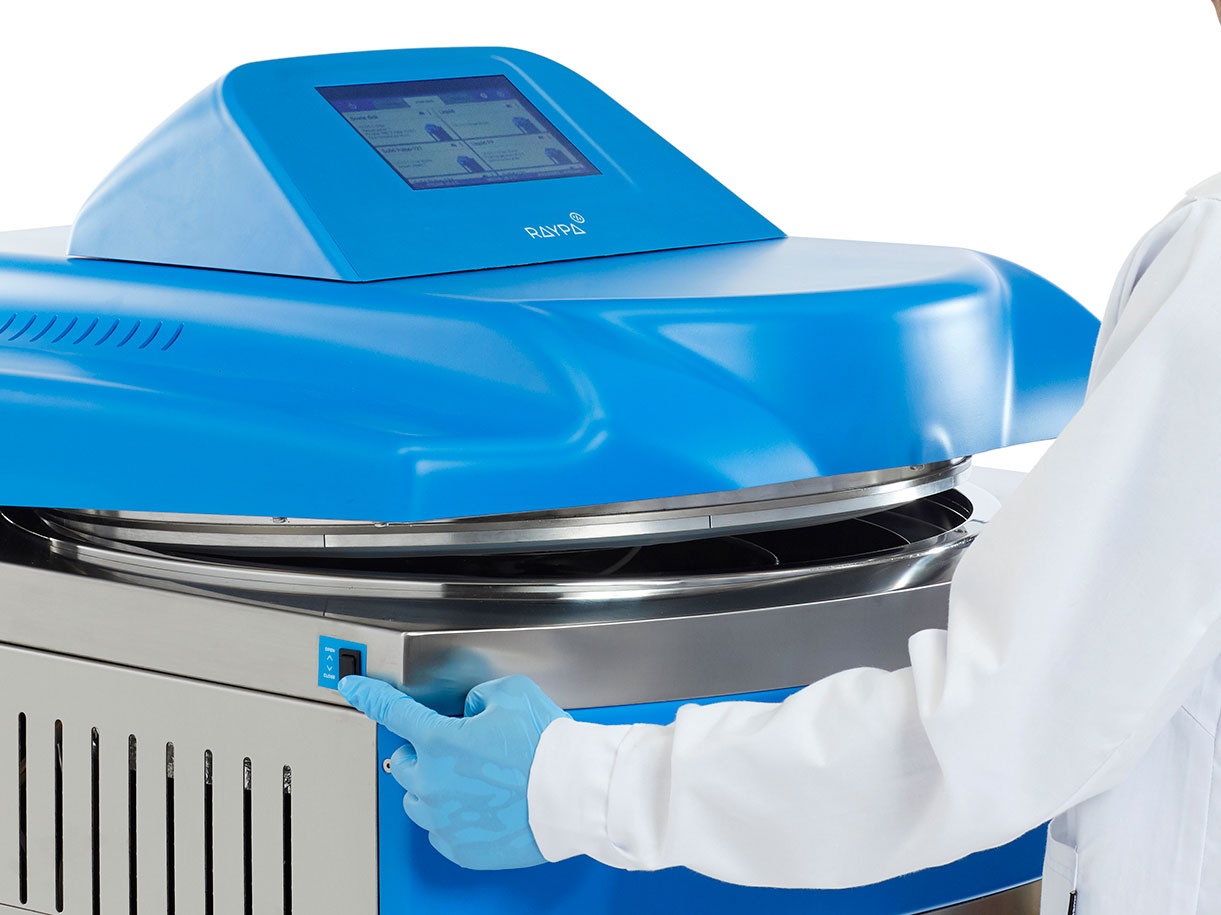
Alongside a variety of models, we offer a broad selection of accessories to equip, including baskets, trays, specific racks, transport carts, and lifting cranes, among others. Furthermore, we offer solutions to monitor sterilization cycle quality, such as ticket printers and management software that communicates between the equipment and a PC.
The reliability of sterilization equipment is essential for both the safety and the effectiveness of the experiments, as well as for upholding production quality in laboratories and workplace settings. This is why all our autoclaves for agriculture and environmental use have been designed and built entirely at our Barcelona facilities for over 45 years, a testament to our quality and expertise in these products.
This equipment undergoes extensive testing to comply with regulations and standards, including the European Pressure Equipment Directive (PED). By adopting this approach, we pursue the highest levels of production excellence and ensure the safety of our products.
At RAYPA, we provide comprehensive solutions tailored to meet our customers’ sterilization requirements. With our wide selection of autoclaves and the expert advice of our team, we assist you in finding the equipment that best suits your requirements.
For more detailed and customized guidance on choosing the ideal autoclave, do not hesitate to contact our experts. Working together, we can identify and provide a solution that ensures both efficiency and safety in all your sterilization operations.
Why RAYPA?
GLOBAL REACH
With half a century of experience, we have a lengthy list of satisfied customers around the world. Currently, we export 85% of our annual turnover and have a stable network of distributors in over 100 countries.
EFFICIENT TECHNICAL SERVICE
Our team of highly qualified technicians and engineers is expert in our products. If you experience a technical issue, it will be our priority to rectify it. When you purchase a RAYPA unit, you’re guaranteed top-level support and technical assistance.
EXPERT MANUFACTURER
RAYPA is a global leader in manufacturing laboratory autoclaves. Each of our autoclaves is designed and built entirely at our facilities in Barcelona, ensuring the highest levels of production excellence.
FULL AND CUSTOMIZABLE RANGE
We offer an extensive portfolio of laboratory autoclaves to cover multiple applications and market segments. Discover the combination of autoclave model and accessories that best fits your needs within our 11 series and 35 available models.
INNOVATION AND QUALITY
Our products feature advanced technology, ongoing innovation, superior construction quality, and are designed for a long service life. Our technical and engineering staff works tirelessly every day to optimize our products and exceed our customers’ expectations.
COMPREHENSIVE CONSULTATION
Our team of specialists assesses each project and provides guidance to clients on the option that best suits their requirements. After the sale, we offer training on the use and recommended maintenance of each unit to ensure its optimal operation and extend its lifespan.

